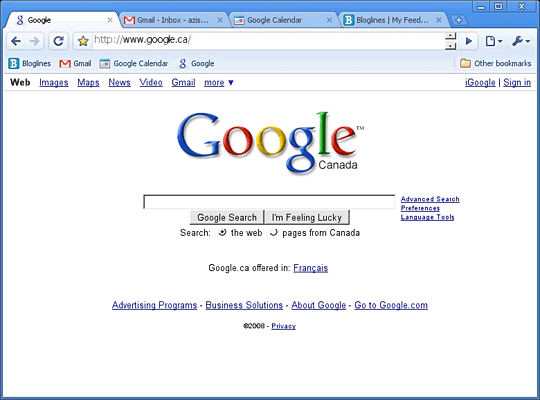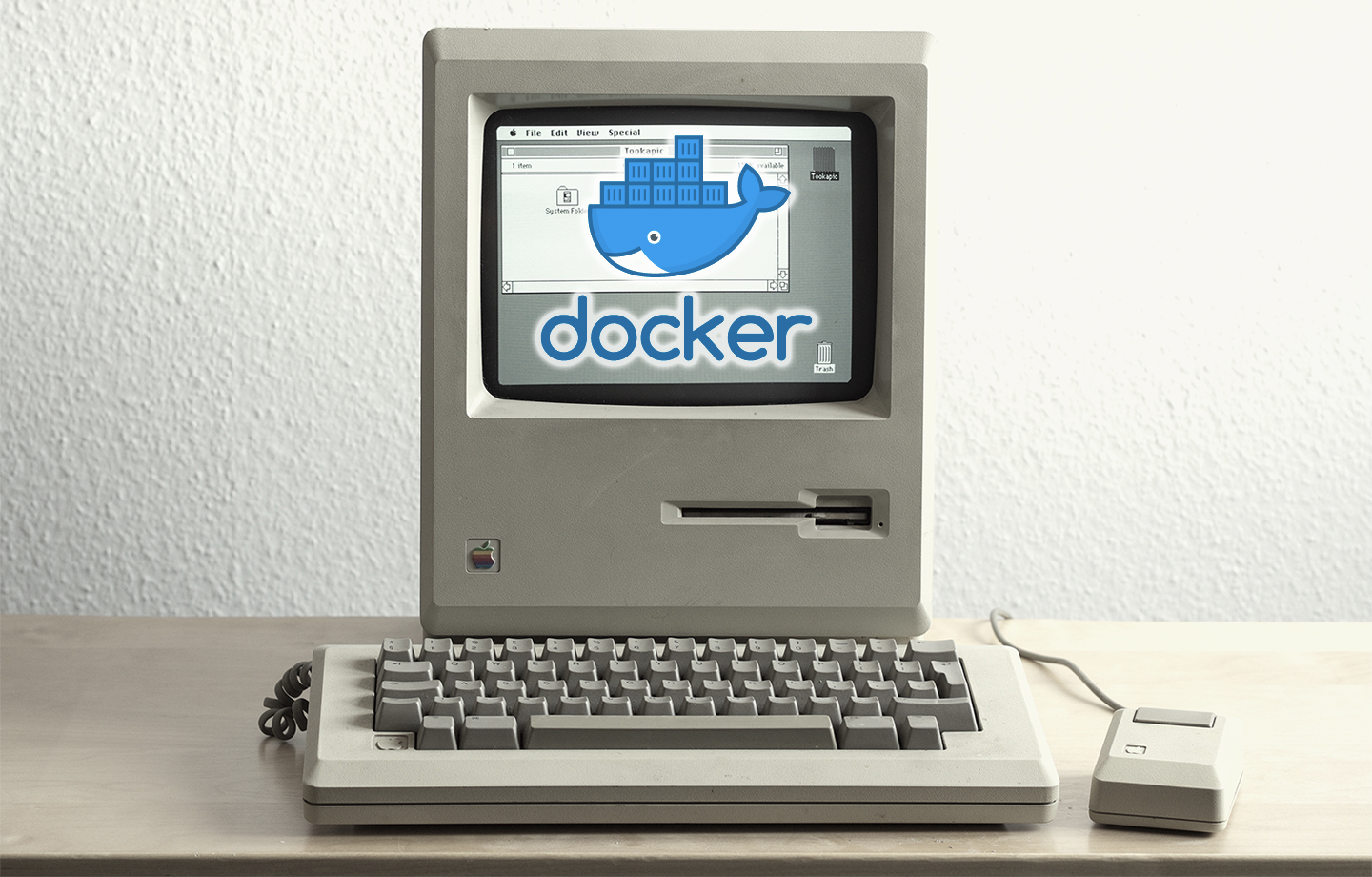
Chrome For Powerpc Mac
HyperEngine-AV is a free video editing software for Mac used to capture, edit, organize process, and export video, audio, and text to create DVD quality movies and slide shows. It comes with twelve studio-quality effects from Arboretum's Hyperprism suite of audio processors. This is Apple’s free video editing software, and it runs on both Mac OS and iOS platforms, so you can do you video editing just about wherever you go. For hobbyist and amateur filmmakers, Apple iMovie will have approachable tools to help you easily take your footage and edit a video with a clear flow. Movavi Video Editor for Mac is great Mac video editing software that will help you create awesome video clips, complete with music, fades, and special effects. The Video Editing & Production category includes software programs designed to record, edit, and produce video in various digital file formats and to export that video to DVDs or other external media. Final Cut Pro now includes an intuitive, comprehensive set of tools for closed captioning in a variety of formats, without the need for expensive third-party software or services. You can create, view, and edit captions within Final Cut Pro, and deliver them as part of your video or as a separate file. Video editor softwares for mac.
***PowerPC Liberation no longer promotes the use of Mac OS PowerPC as a legitimate OS to base internet use on. Even when using the most current We don’t have a Chrome option but I could care less to be honest. I use Chrome now and then on my girlfriend’s MacBook if she already has it open. Aug 13, 2017 I have an old Mac Mini - I believe it was one of the last models before they switched to intel based chips. I want to convert it so my young kids can.
Google today released Chrome 39, the company's first 64-bit browser for OS X from its 'stable' branch. The update also patched 42 vulnerabilities and paid $41,500 in bounties to the bug hunters who reported a dozen of the flaws. Chrome 39's most visible change was on the Mac, where it shifted from a long-available 32-bit browser to one designed and optimized for 64-bit PCs and operating systems. [ Further reading: ] In August, Google announced that Chrome 38 would be the first in its series of 64-bit browsers on OS X. But the next month Google revised the schedule. 'We're now bringing these benefits to OS X with Chrome 64-bit for Mac, version 39, due to be released in November,' the company said in a brief blog update on Sept. Google has touted Chrome 64-bit on OS X as faster to launch and less of a memory glutton than the older 32-bit edition.
The appearance today of Chrome 64-bit also signaled the retirement of the 32-bit version on the Mac, which will be stuck on Chrome 38. Apple's then-CEO Steve Jobs trumpeted the switch from the PowerPC line of processors to Intel CPUs in early 2005, and his company began selling Intel-based Macs in January 2006. The first generations relied on 32-bit processors, but by August 2007, Apple had completed the transition to 64-bit. [ ] That means Chrome users with older Intel-based Macs -- those sold between January 2006 and August 2007, at the latest -- will not be able to run the new browser. Apple shifted its lines from 32- to 64-bit at different times: The MacBook Pro, for instance, went 64-bit in October 2006, while the less-expensive MacBook switched to 64-bit in November 2006. Apple stopped selling 32-bit iMacs in September 2006, and shifted to 64-bit for the Mac Mini in August 2007.

The MacBook Air has always featured 64-bit processors. OS X 10.6, aka Snow Leopard, which was released in August 2009, was the last edition to support 32-bit Intel Macs. Owners of older Intel 32-bit Macs still running Snow Leopard -- or even earlier versions, like 2007's Leopard or 2005's Tiger -- will have to either risk running an unpatched Chrome 38 or switch to a different browser. Mozilla's Firefox, for example, includes both 32- and 64-bit versions in each OS X edition's package. Free antivirus for mac from apple.
Opera Software's Opera also comes in a 32-bit edition. According to Internet metrics firm Net Applications, just under 13% of all Macs ran Snow Leopard, Leopard or an earlier OS last month. A portion of those machines, however, will be capable of running Chrome, as they boast 64-bit CPUs, even though they're powered by out-of-date operating systems. But because that browser requires Windows 7 or later, the Mountain View, Calif. Company continues to crank out 32-bit versions for PCs running Windows Vista or the already-retired Windows XP. Of the 42 vulnerabilities patched in Chrome 39, 12 qualified for bug bounties, which ranged from a high of $16,500 split four ways to a handful of $500 rewards paid to individual researchers. Last month, for bug reports from $5,000 to $15,000.
Its top award for Chrome 39's collection was $7,500 for a 'double free' flaw in Adobe's Flash, which is packaged with Chrome. Eleven of the 12 that Google called out in a were rated 'high,' the company's second-most-severe threat level. Can be downloaded from Google's website. Existing users will automatically be updated to the newest version. 39, Chrome is now 64-bit only on the Mac.
About Firefox for Mac Mozilla Firefox is a graphical web browser developed by the Mozilla Corporation and a large community of external contributors. Firefox started as a fork of the Navigator browser component of the Mozilla Application Suite. Firefox has replaced the Mozilla Suite as the flagship product of the Mozilla project, under the direction of the Mozilla Foundation. To display web pages, Firefox uses the Gecko layout engine, which implements most current web standards in addition to several features which are intended to anticipate likely additions to the standards. Latest Firefox features include tabbed browsing, spell checking, incremental find, live bookmarking, a download manager, private browsing, location-aware browsing (also known as 'geolocation') based exclusively on a Google service and an integrated search system that uses Google by default in most localizations. Functions can be added through add-ons, created by third-party developers, of which there is a wide selection, a feature that has attracted many of Firefox's users.